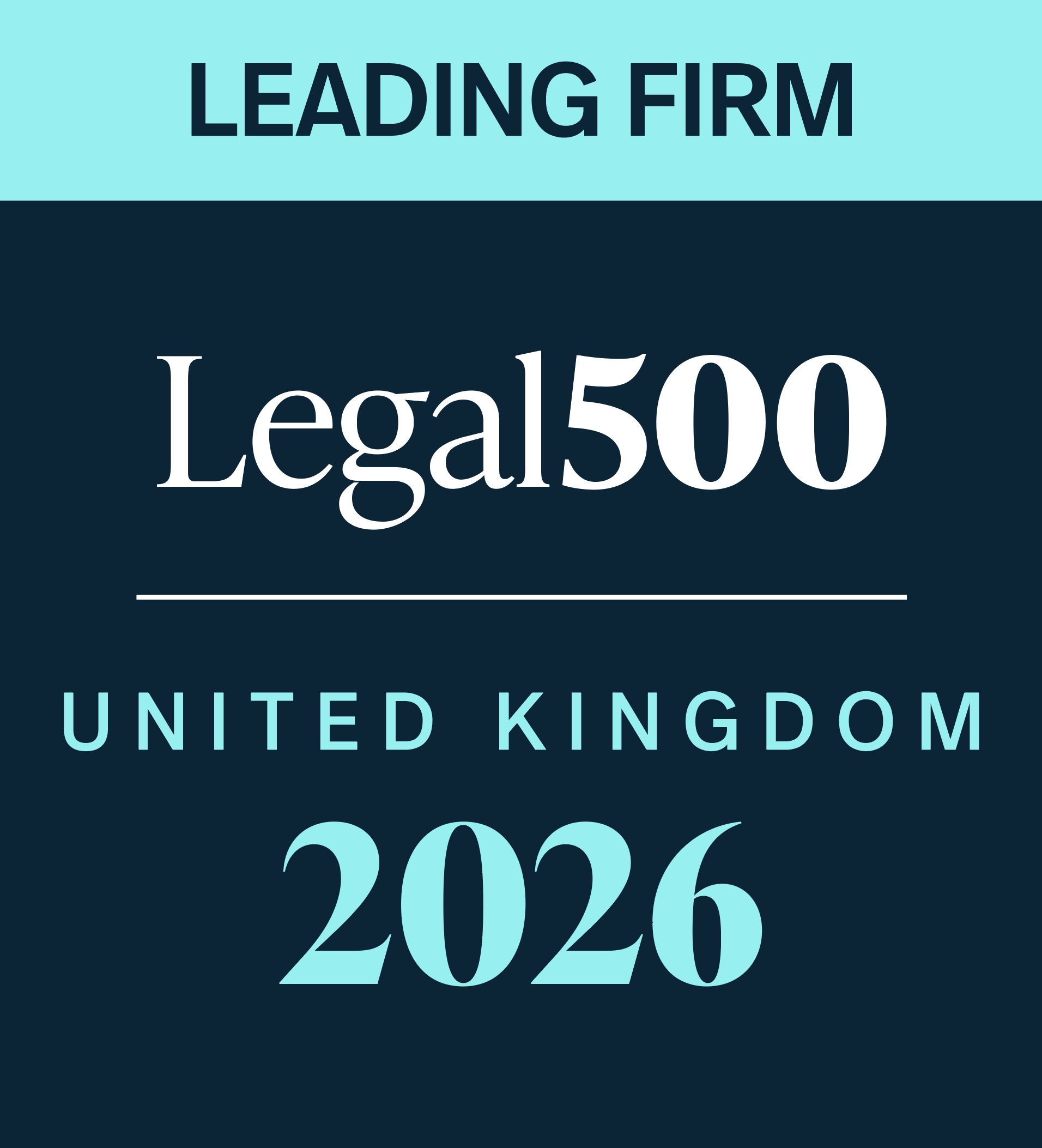
Introduction:
The President’s Memorandum:
On 4th October 2021 Sir Andrew McFarlane, the President of the Family Division, issued a memorandum concerning the use of experts in the Family Court.
In short, The President underlined that experts should only be instructed when it is necessary to assist the court in resolving issues justly (FPR 25.4(3) for non-children proceedings and s.13(6) Children and Families Act 2014 for children proceedings).
Expert evidence is ‘necessary’ where that expert evidence is demanded to resolve contested issues and not by virtue of the expert being reasonable, desirable or of assistance (Re H-L (A Child) [2013] EWCA Civ 655).
The requirement that the Family Court authorise expert evidence only when it is ‘necessary’ represents a higher threshold than that imposed on parties wishing to instruct an expert in proceedings governed by the CPR; in those settings it must be satisfied that the use of an expert will ‘assist the court’.
Experts in Private Law Children Act proceedings:
Broadly, there are two avenues through which an expert may be instructed to conduct a report assessing the welfare of any children subject to Private Law Children Act proceedings, either:
1. a CAFCASS Officer may be instructed; or
2. permission may be granted for the parties to instruct an Independent Social Worker (‘ISW’).
CAFCASS v ISW: what’s the difference?
A. CAFCASS:
CAFCASS is the Children and Family Court Advisory Support Service. Importantly, CAFCASS is independent from the Family Court, but is a government organisation that employs social workers, providing an advisory function to the Family Court.
Therefore, it is useful to see CAFCASS as a resource available to the Family Court, which can provide a report focused on the welfare of, or safeguarding concerns over, any children in proceedings.
As an agent of government CAFCASS provide a public service, meaning that parents do not pay for a report compiled by CAFCASS.
i. When will a report be ordered?
A report assessing the welfare of children in Children Act proceedings is conventionally termed a ‘s7 report’, named after s7 Children Act 1989 (‘CA’).
CA s7 provides that:
(1) A court considering any question with respect to a child under this Act may —
(a) ask an officer of the Service or a Welsh family proceedings officer; or
(b) ask a local authority to arrange for
The implication of s7 is that the Family Court must first have conducted an initial assessment of the case and deem a report necessary to assist the fair disposal of the case, before any report is ordered. Conventionally, this assessment will take place at the first hearing (FHDRA) in the proceedings.
Before the first hearing CAFCASS will compile a Safeguarding Letter, which will be read by the Family Court. A CAFCASS Officer will contact both parents, usually via telephone, asking various questions intended to determine whether there are any safeguarding concerns. The answers to these questions will form the basis of the Safeguarding Letter.
The Safeguarding Letter does not determine, but can heavily influence, the Family Court’s decision to instruct a s7 report. In other words, if the Safeguarding Letter indicates that a s7 report will be beneficial, it is highly likely that the Family Court will order it.
There is, of course, the possibility that the Family Court will not deem a s7 report necessary. However, it remains open to the parties to instruct an ISW.
B. ISW:
There are a variety of reasons that parents may want to instruct an ISW, these include:
i. The needs of the child:
The situation may arise where a child has atypical needs, a diagnosis of Attention Deficit Hyperactivity Disorder (‘ADHD’) or Austism Spectrum Disorder (‘ASD’) for example, but because there are no safeguarding concerns the Family Court did not see it fit to order a s7 report.
In such situations a parent may be alive to the fact that their child still has unique needs and that these needs should be taken into account when the court determines any questions relating to the child’s caring arrangements. Perhaps a child with ASD struggles with transitions, which may lead the court to order that the child spends more time with one parent than the other and bespoke arrangements for handovers designed to smooth the impact of any transitions between parents.
Similarly, while CAFCASS Officers are capable of conducting a report on children with atypical needs and the court may be minded to order a s7 report on that basis, a parent may prefer that an ISW with expertise in a certain area may be beneficial.
As someone with expertise in a certain area, the ISW will be alive to the potential issues associated with that child’s particular needs, allowing the ISW to conduct a more probative and thorough report.
ii. Time:
Officially, it should take CAFCASS 12 weeks to compile a s7 report. Anecdotally, the wait time can be longer. Currently, experienced practitioners have reported delays of up to 20 weeks for a s7 report.
Given that any sort of delay can be detrimental to a child’s welfare, the above timeline can exacerbate any issues both for the child and in the already strained co-parenting relationship.
With that in mind, a parent may want to instruct an ISW that has the capacity to conduct an assessment sooner. Of course, that a child has atypical caring needs is often also a reason why a timely report is beneficial.
iii. Instructing an ISW; agreement or application:
If a parent is minded that a report compiled by an ISW would be beneficial in properly understanding their child’s caring needs there are two routes to facilitate their instruction, either:
Agreement:
The process of instructing an ISW is simpler if both parents agree to their instruction. If both parents are alive to the child’s particular needs it may well be the case that both parents were already minded to instruct an ISW.
A common source of disagreement is costs. The cost of an ISW report is privately funded and can vary depending on the price charged by the ISW, the time needed the conduct the report, and any travel/associated expenses.
This issue may be sidestepped by one parent agreeing to cover the costs of the ISW, or by agreeing to split the costs in a certain way.
Application:
If both parents cannot agree to instruct an ISW. One parent can make an application to the Family Court for their instruction, in what is called a ‘part 25 application’.
Typically, this application is made before the first hearing and, akin to whether a s7 report is required, will be determined by the Family Court at the first hearing.
An ISW is an expert. As explained above, to successfully apply to instruct an ISW the Family Court must deem the report necessary. Necessary in this context is given its ordinary meaning. In other words, we should ask would the court be able to make an order relating to the caring arrangements of this child without the ISW’s report.
Conclusions:
If a child has atypical caring needs and there are no safeguarding concerns, it is likely that one, if not both parents will be minded to instruct an ISW to conduct a bespoke report, establishing for the Family Court what caring arrangements are in the child’s best interests and how the child may respond to any prosed changes in those arrangements.
Where both parents do not agree to an ISW’s instruction, an application can be made to Family Court. However, the parent making the application must demonstrate that the ISW’s report is necessary for to fairly resolve the issues.





